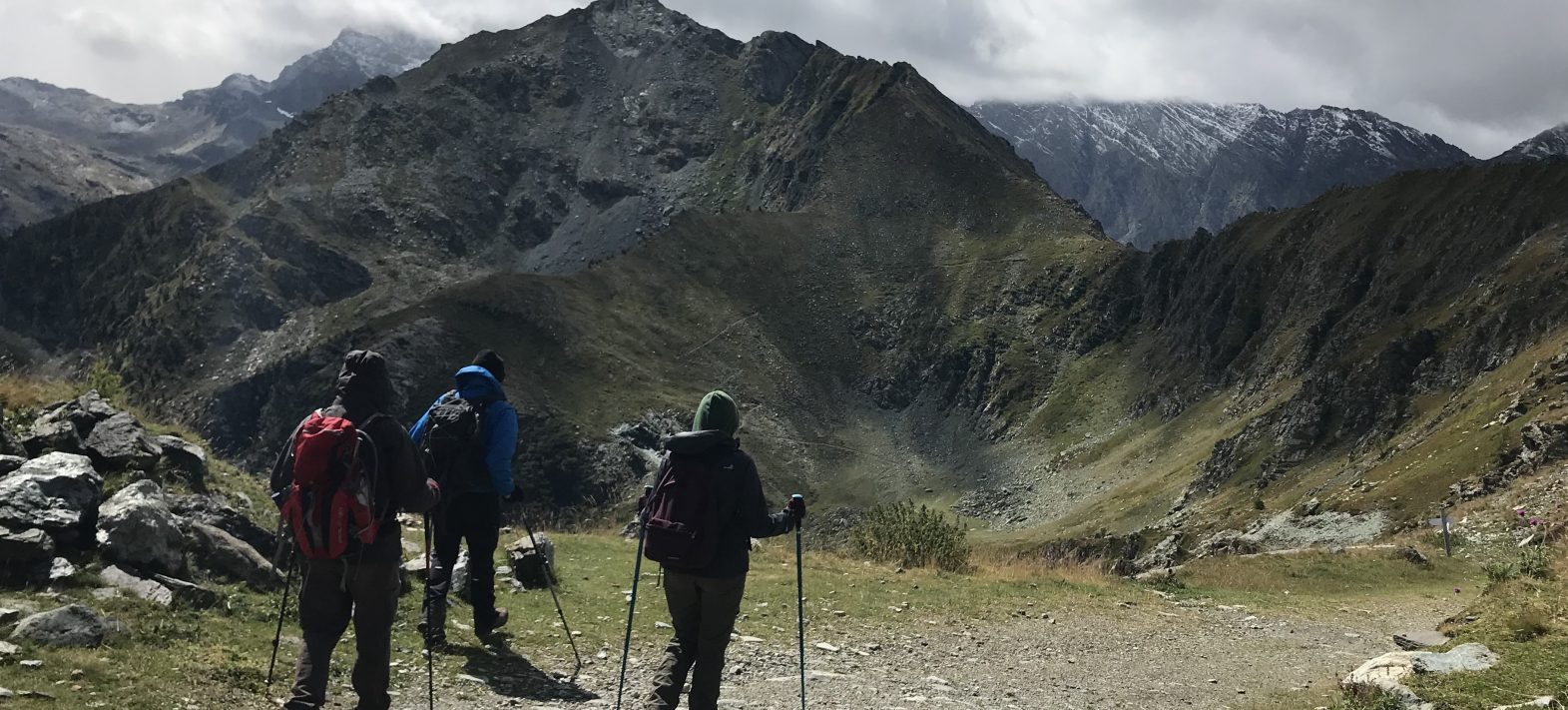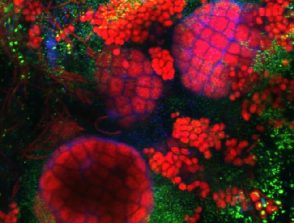Tracking the long term carbon cycling in subduction zones

Start: 01 September 2019
End: 16 December 2022
Supervisors :
Baptiste Debret, Bénédicte Menez
Related teams :
Lithosphere Organosphere Microbiosphere (LOMs)
Status: Defended
The long-term carbon cycle has major implications on a global scale, notably on the atmosphere composition and on the emergence and persistence of life on Earth. This cycle is intimately linked to subduction process, during which carbon stored in the oceanic lithosphere is recycled to the deep mantle. However, the fate of carbon, and especially of organic carbon, during subduction remains unknown. The objective of this thesis is to provide new constraints on the deep organic carbon cycle. To this end, we have focused on the Monviso meta-ophiolite (Western Alps) which record eclogite facies pressure-temperature (P-T) conditions during Alpine subduction. This meta-ophiolite presents a great variety of lithologies including metaserpentinites, meta-ophicarbonates, meta-sediments, abundant in the northern part of the massif, and meta-basites, abundant in the southern part. The petrographic study of these rocks, combined with thermodynamic modelling, show that they record comparable P-T conditions, with a climax estimated at 520-570°C and 2.6-2.7 GPa. Despite a homogeneous PT record, the variety of mineralogical assemblages observed in serpentinites reflects strong oxygen fugacity (fO2) variations in the slab during subduction. Near paleo-seafloor lithologies, serpentinites record low fO2 conditions (about -4 relative to the Fayalite-Magnetite-Quartz buffer) and are associated with an unexpected diversity of carbon materials. Through a microscale spectroscopic study, we have identified disordered carbonaceous matter associated with organic minerals and nanodiamonds. These minerals would be formed by reduction of carbonates during the dehydration of serpentinites at high pressure and high temperature. Organic carbon would remain trapped eclogitic serpentinites during prograde metamorphism. The study of iron and zinc stable isotopes shows a decoupling behavior of carbon during slab dehydration. Most of carbonates devolatilized in the form of CO2 in the fluid phase, leading to an important isotopic fractionation of iron stable isotopes and testifying for isotopically light iron mobility in fluids, probably complexed as Fe(II)-CO3. On the contrary, organic carbon compounds would survive the subduction process and be recycled towards the Deep Earth.
Key words: deep carbon cycle, organic carbon, disordered carbonaceous matter, subduction, Monviso, meta-serpentinites





